5 biggest sleep myths debunked - we sort the sleep facts from fiction
Wake-up call: we bust the biggest sleep myths with sleep facts
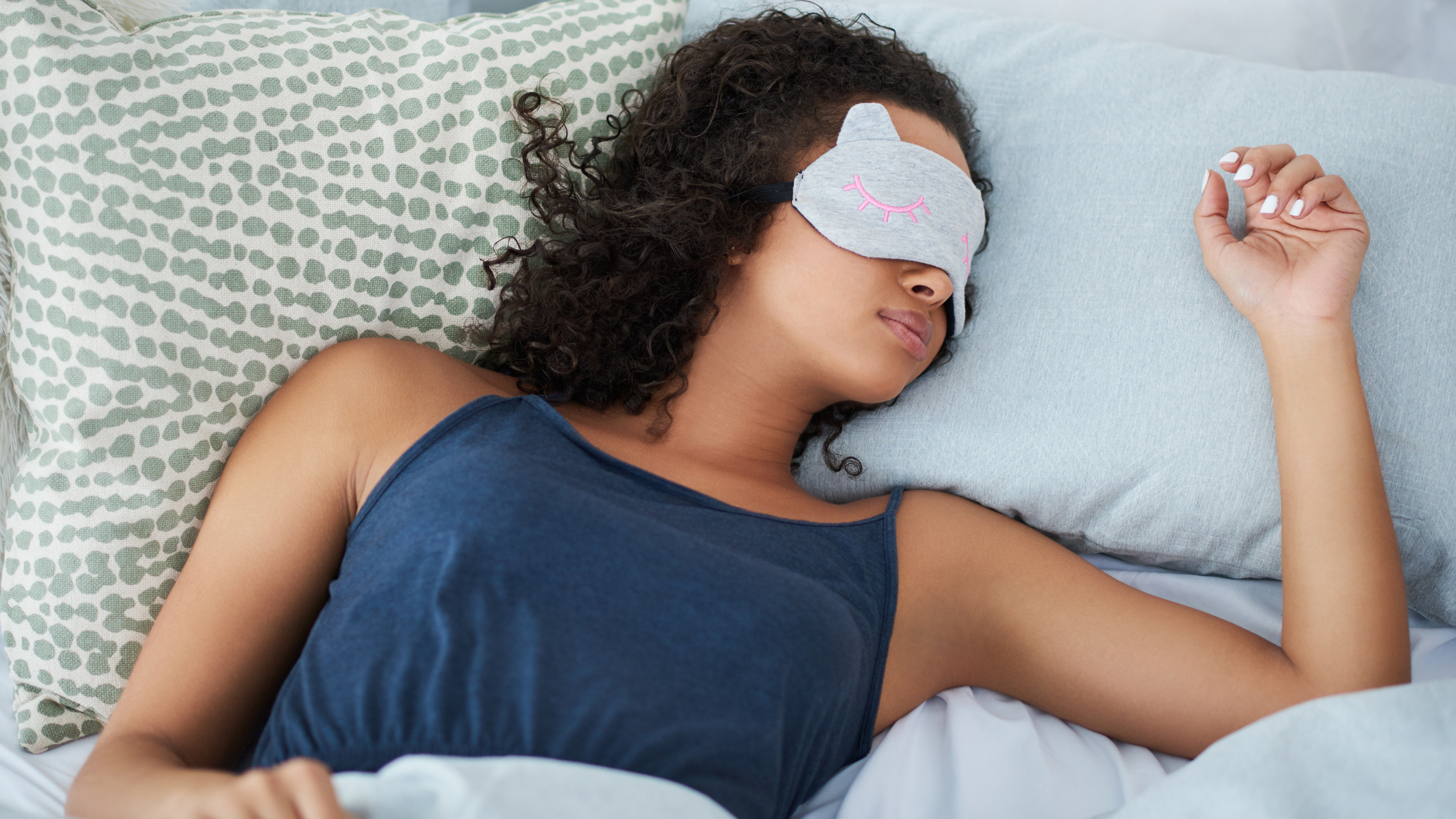
Sleeping is essential for our physical and mental wellbeing, but how much do you know about your night-time slumber? Although there’s plenty of information and advice available about sleep, some of it can be confusing and there’s no one-size-fits-all solution anyway, so how do we know what’s true or not?
From napping and dreaming, to cheesy dreams and cheeky alcohol night-caps and how much sleep we actually need, we address common sleep myths with facts to help you get the sleep you deserve. And if you want a guaranteed way to get some quality shut-eye, check out our guides to the best mattresses and best pillows. But, for now, let’s sort sleep fact from sleep fiction…
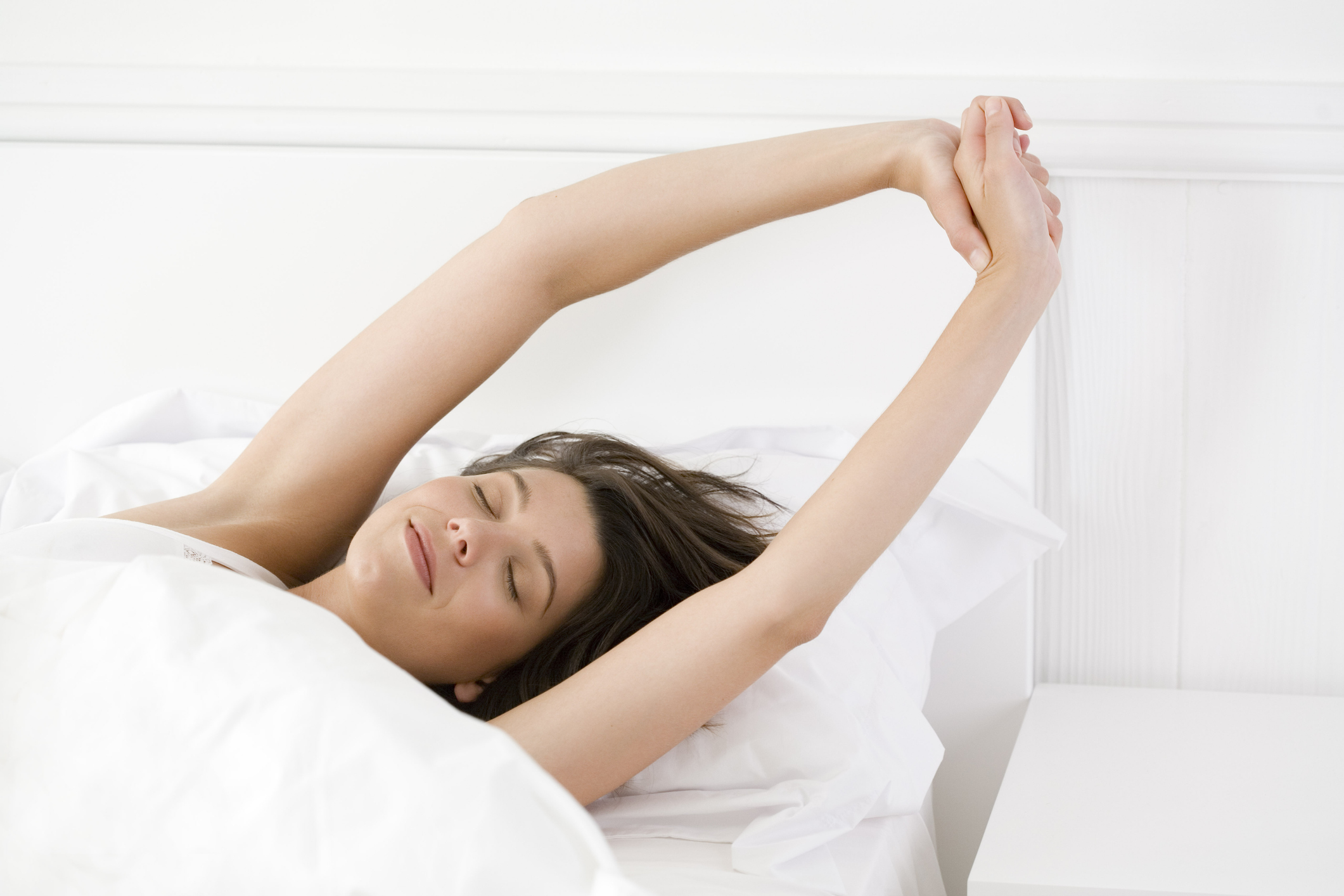
Sleep myth 1: All adults need eight hours sleep a night
The amount of sleep we need is as individual as we are, and so eight hours may be too much for some, but too little for others. The CDC recommends adults aged 18–60 need at least seven hours sleep a night, while people aged 61–64 need seven to nine hours, and those aged 65 and older need around seven or eight. If you're sick, you may need to sleep for longer (read our expert-led feature on how to sleep with a cold with tips from a sleep doctor and MD).
While it's not recommended that any adult gets fewer than five hours sleep per night (or more than nine or 10 hours), assess what you need to wake feeling refreshed the next day. In an ideal world, we would wake naturally at the correct time without an alarm. Trying shifting your bedtime around until you find a time that works (read more in our feature on how to sleep better).
Sleep myth 2: Can’t sleep? Best stay in bed until you do
That feeling of being completely awake in the middle of the night when we should be fast asleep is never pleasant, but what is the correct advice if you absolutely can't sleep? According to the Mayo Clinic, one of the best things to do is get up… but only if you've been awake for 20 minutes.
Once you’re up, you should then indulge in some very gentle activity in another room (such as reading or folding clothes). This should be enough to distract the brain and remind it to relax again. If you're having trouble sleeping because you're stressed or worried, then that may exacerbate your insomnia. Read our feature on how to sleep when you’re feeling anxious to help bust those bedtime blues.
Sleep myth 3: If you fall asleep instantly, you’re a good sleeper
Falling asleep as soon as your head hits the pillow might sound like bliss, but sleep experts say it could be a sign you are sleep deprived. Falling asleep quickly usually happens because you are receiving less than seven hours of sleep per night. Other signs of sleep deprivation include reduced concentration when awake, as well as lack of energy and moodiness.
Sign up to get the BEST of Tom's Guide direct to your inbox.
Get instant access to breaking news, the hottest reviews, great deals and helpful tips.
Fixing a bedtime routine and going to bed earlier will help balance out these daytime symptoms, as well as give your body the physical rest and restoration it deserves. Other reasons why falling asleep instantly might happen include sleep apnea, narcolepsy, or thyroid issues, all of which can be diagnosed by a healthcare professional.
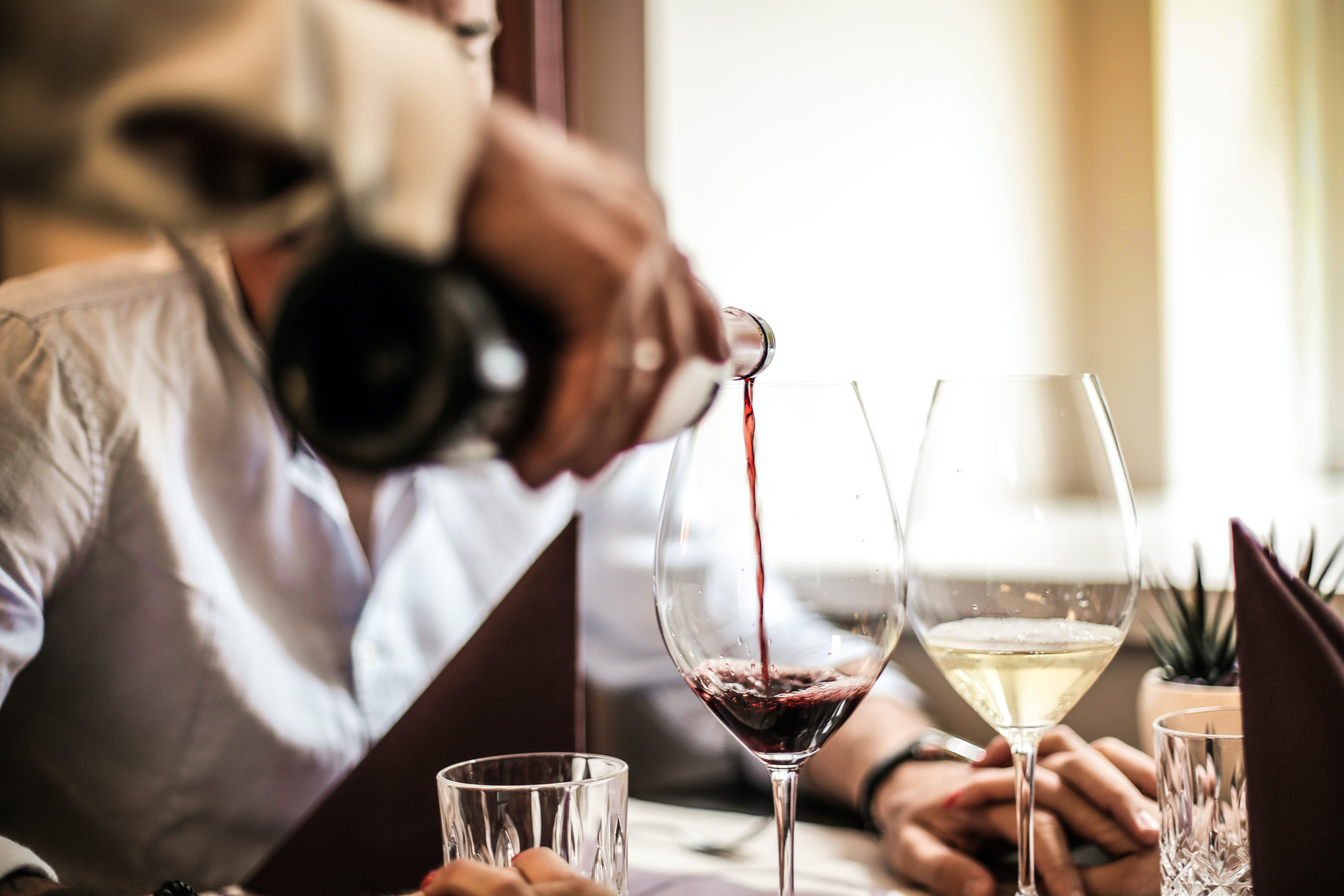
Sleep myth 4: Alcohol helps you sleep better
The notion of a ‘nightcap’ to help you sleep before bedtime has been around for decades. And while it’s true that alcohol can make you sleepy, the sleep you receive won't be very good quality.
In fact, booze can prevent you from properly reaching the restorative REM part of your sleep cycle, meaning you feel groggy and unfocused, and are unable to perform as well as you should the next day.
Drinking before bedtime can also lead to more vivid dreams and nightmares, and you're more likely to sleepwalk too. Plus, because alcohol is a diuretic - it makes you urinate more frequently - you're more likely to wake to use the toilet. So, if you want better sleep, then it might be time to ditch the booze before you snooze…
Sleep myth 5: Adults need less sleep the older they get
Most adults, no matter how old, need seven to nine hours of sleep per night. However, when people reach 65 and older, they can often get by on a little less than when they were younger.
The body’s circadian rhythm can shift as we become older, affecting our natural sleep-wake cycle. This means wake-times and sleep-times may alter, making it difficult to keep track of how much sleep you need to feel refreshed when you wake.
Keeping a regular sleep schedule and getting enough exercise during the day should help you sleep. But if your sleep is disrupted due to age-related health conditions, then you should still make sure you get plenty of rest, to prevent tiredness and a lack of focus the next day.
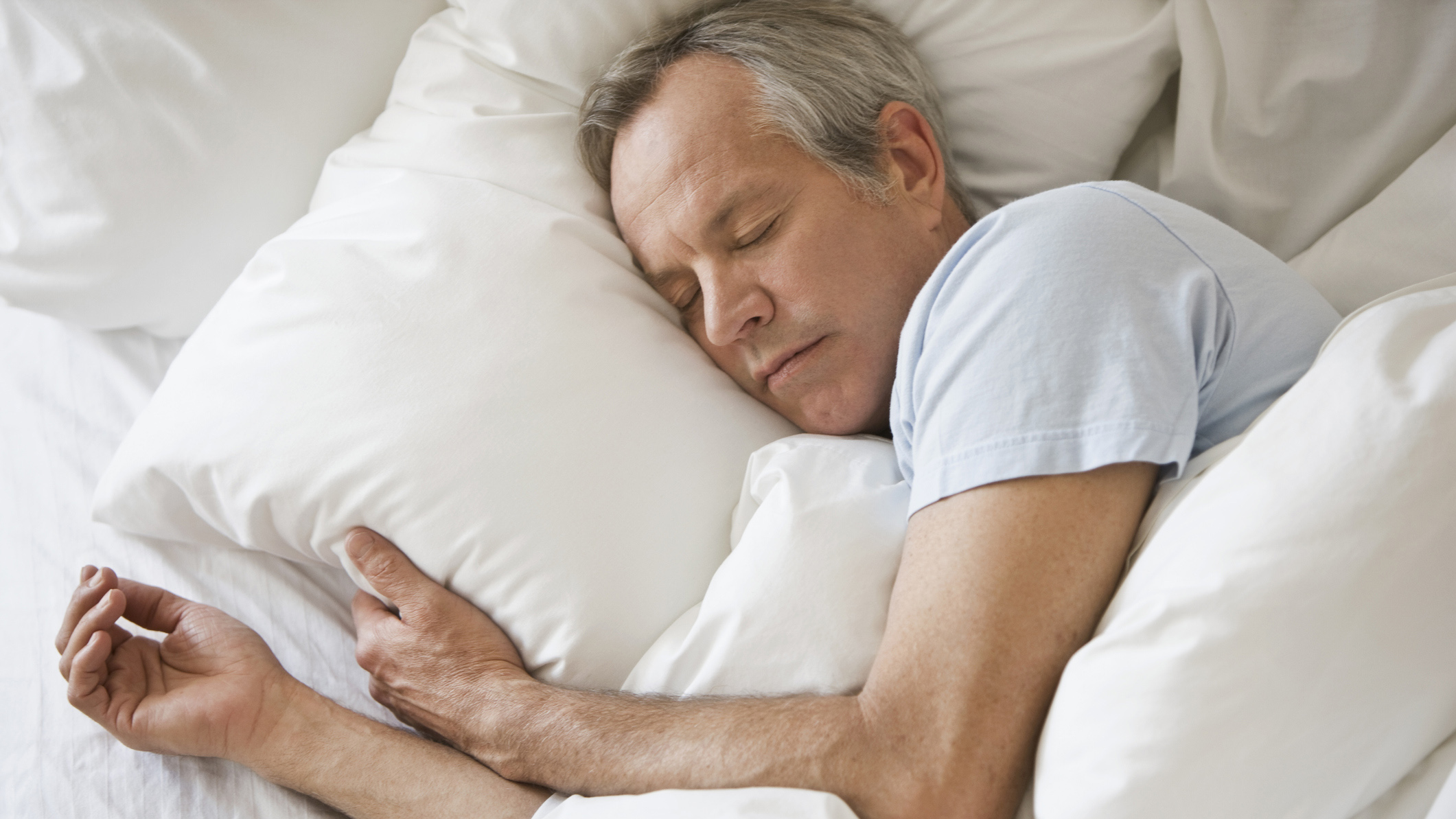
Sleep fact 1: Falling asleep can take up to 30 minutes
Drifting off to sleep can often feel blissful, but more often than not, we’re unaware of how long it actually takes to nod off. Ideally, it should take around 10-20 minutes and no more than 30.
If, however, you frequently find you're still awake half an hour after going to bed, then you might need to reassess your sleep routine, or investigate the reasons why it might be taking time.
Caffeine consumption is a big culprit when it comes to keeping us awake. According to the 10-3-2-1-0 sleep rule, you should cut out caffeine 10 hours before your bedtime, as it can still buzz around your system for as long as this.
Other things that could be keeping you awake include stress and anxiety, with thoughts swirling around your mind making it difficult to relax. Looking at screens too close to bedtime can also affect your ability to drift off.
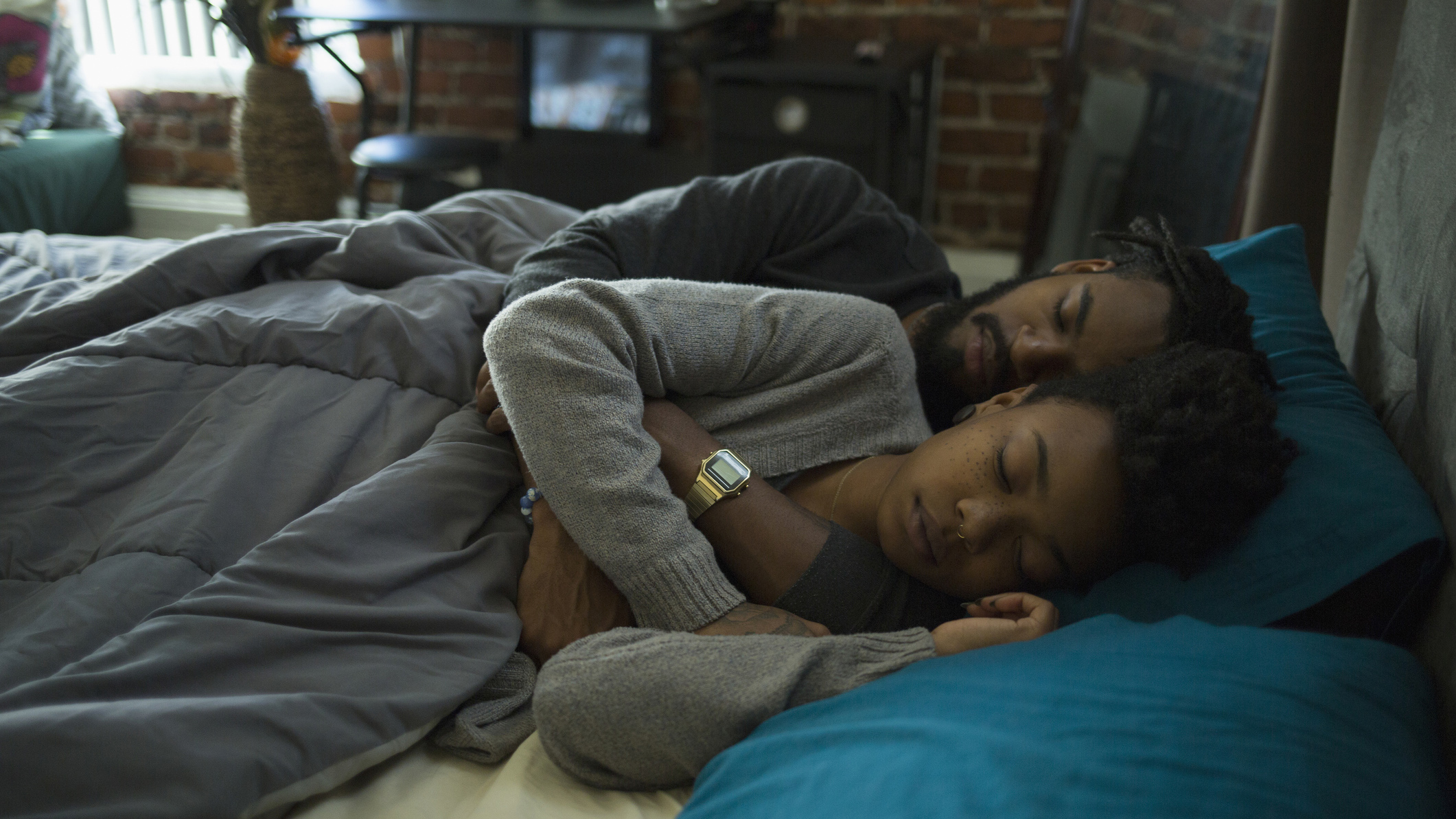
Sleep fact 2: On average, we dream for two hours per night
Research has shown that most of us dream for around two hours per night, and even though most humans (and possibly animals) do it, we still don’t know much about the function of dreams.
According to the American Sleep Association (ASA), we can have up to three or five dreams a night, with some people having even more. It's also thought that some dreams only last a few seconds, while others can last up to half an hour.
While it’s normal not to remember our dreams, ASA claims the reason why some of us can is because we have woken up during the REM phase of sleep. We are more likely to have vivid dreams during REM, when our brains are most active.
REM sleep is also when nightmares occur. If you're wondering whether a bad experience at night is a nightmare, check out our expert guide on the difference between nightmares and night terrors.
Sleep fact 3: Screen time before bed affects your sleep
There’s been plenty of debate about how screen time affects our ability to fall asleep. While the 10-3-2-1-0 sleep rule advises switching off screens an hour before bedtime, most devices now have night mode (or dark mode or night light).
This cuts down the screen’s blue light, which is believed to affect how we sleep. According to Harvard Health, “Light of any kind can suppress the secretion of melatonin, but blue light at night does so more powerfully.”
Melatonin is a hormone produced by the body to help promote sleep and regulate our body clocks (circadian rhythms). This hormone is triggered by the dark, and the Sleep Foundation explains that when our body clocks are disrupted it can have a range of negative health impacts, including metabolic disorders and depression.
Sleep fact 4: One of our biggest sleep distractions is tech
With constant beeps, buzzes, and blue light, it’s easy to become distracted by technology. And while you can silence your phone and dim the screens, sometimes it’s the content itself that affects our sleep. Whether that’s thinking about emails, being kept alert by an exciting film or worrying about the latest item in the news cycle. These are all things that can keep our brain switched on while we’re supposed to be drifting off to sleep.
Try making small changes first – such as not checking email two hours before bedtime – to gradually minimize the influence of tech. This might be enough to help you get a more restful night’s sleep. Another tip is to use a separate alarm clock in the morning, so you don’t have to rely on your phone.
Sleep fact 5: Naps don’t make up for sleep deprivation
Some people swear by napping, while others say it can make them feel even more groggy. But, according to the journal Sleep, if you're suffering from sleep deprivation, napping won’t make much of a difference when it comes to cognitive ability.
However, the CDC recommends that naps can be a temporary measure when it comes to alleviating tiredness caused by sleep deprivation. It says napping “can be a useful emergency response when people have to work very long hours”. It also says if you do have to nap, allow some time to pass before carrying out any critical tasks.
Getting proper sleep is essential for functioning clearly and quickly. If you find you're constantly napping during the day, then try going to bed earlier or discussing it with your doctor in case there's an underlying problem.
Feeling comfy in bed can make a big difference to how well you sleep, so investing in one of the best mattress toppers to boost your in-bed comfort. Or if if your current mattress has seen better days, check out our best memory foam mattress guide for sink-in comfort, or our round-up of the best mattresses in a box for all budgets.
- Our guide to the best Saatva mattress discounts and sales
- We round-up the biggest Tempur-Pedic mattress deals and sales
- Saatva Classic mattress review: luxury sleep for less
- Nectar Premier Copper Mattress review: a cooling mattress for less
- Save on organic sleep with the best Avocado mattress sales and deals
Grace is an experienced sleep writer and mattress reviewer who also contributes to our sister site TechRadar, among other Future plc brands. She's a big fan of organic sleep products and has recently invested in a wool mattress topper that she quite happily describes as "life-changing." (Hey, we're serious about our sleep products). When she isn't testing mattresses or writing about sleep, Grace enjoys reading and creative writing, and incorporates meditation and yoga into her wellness routine.

